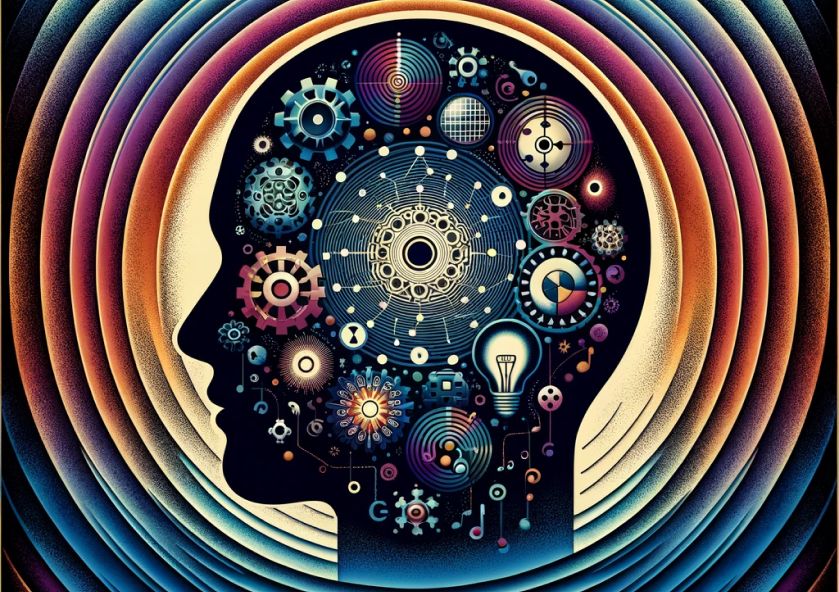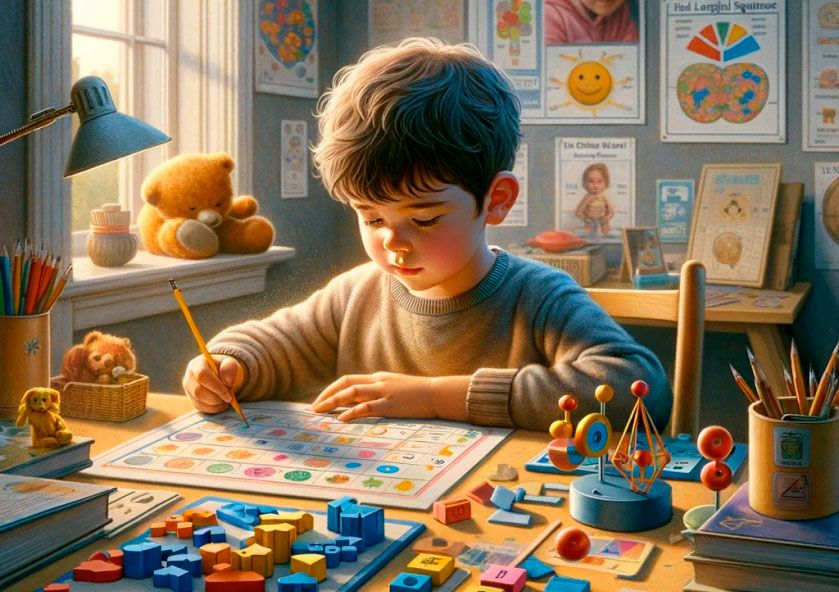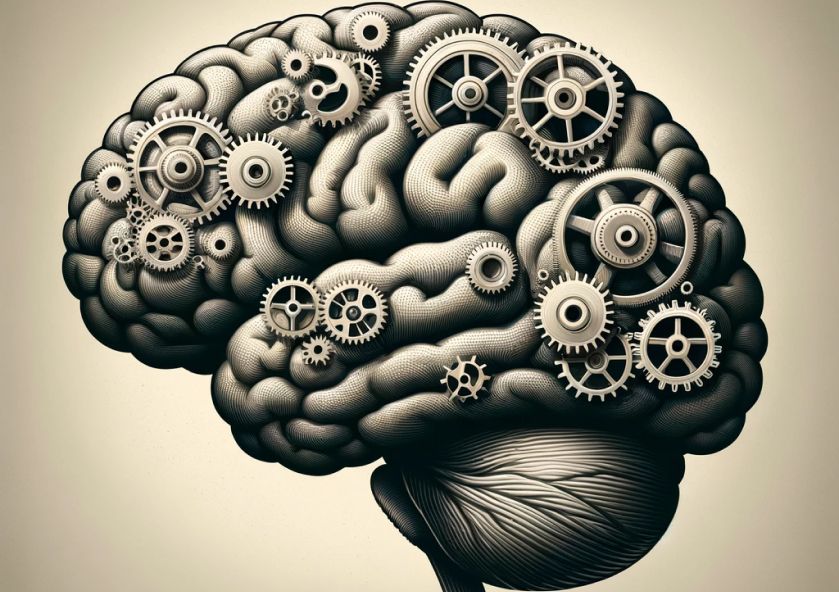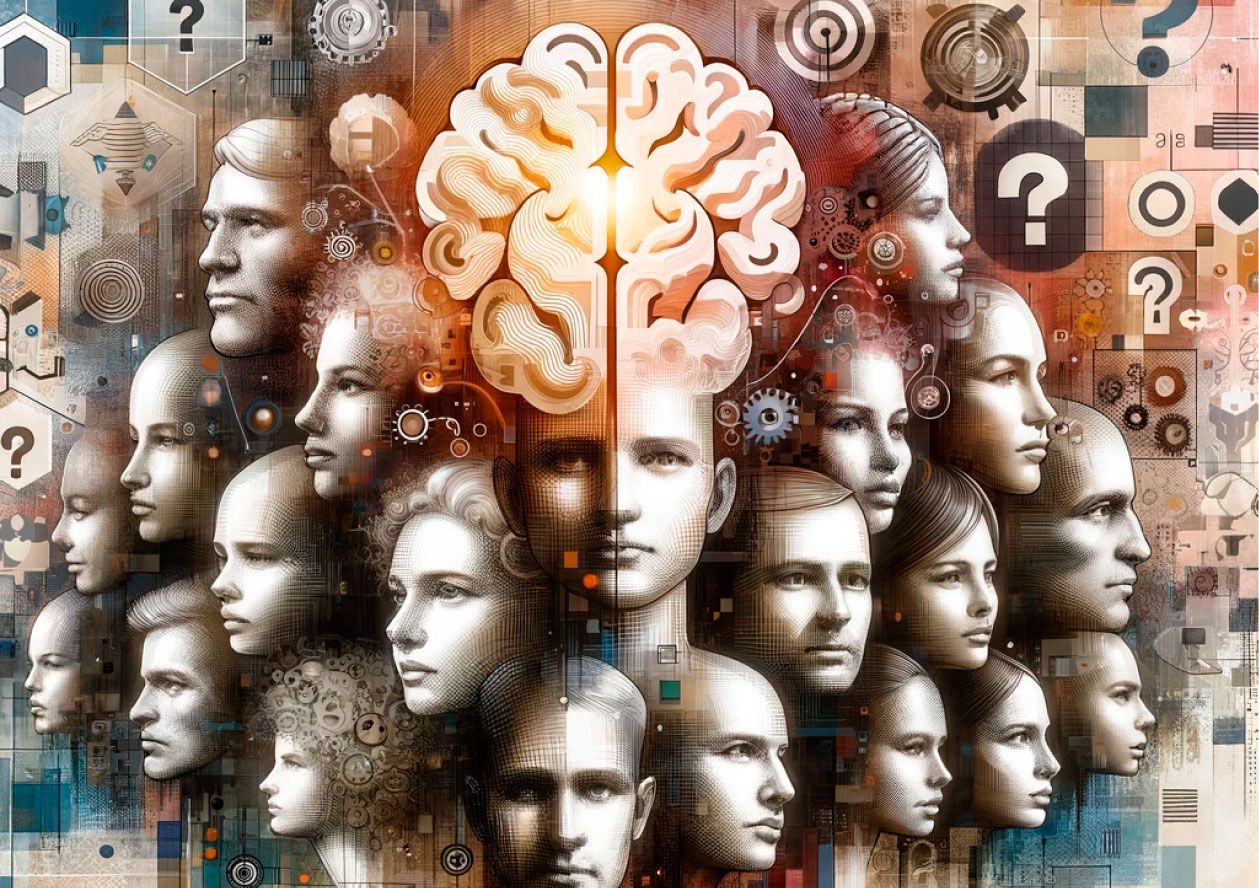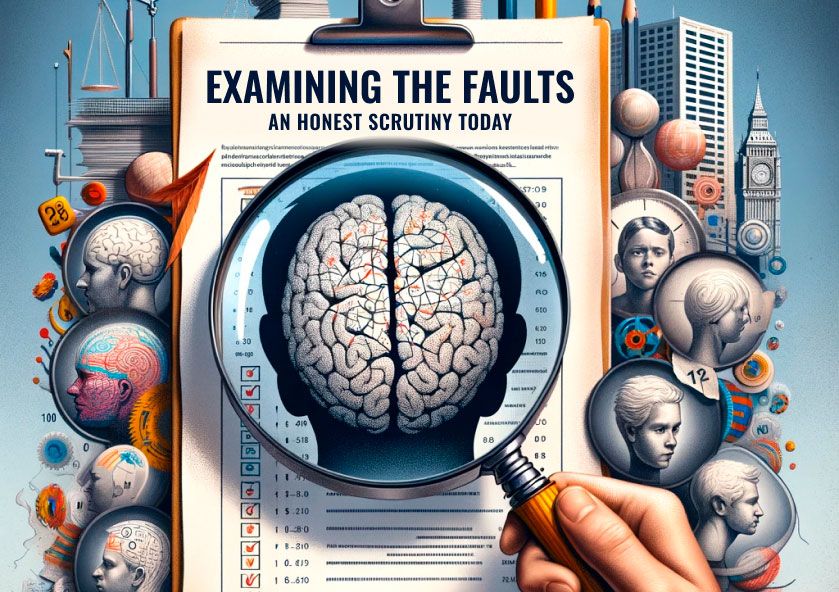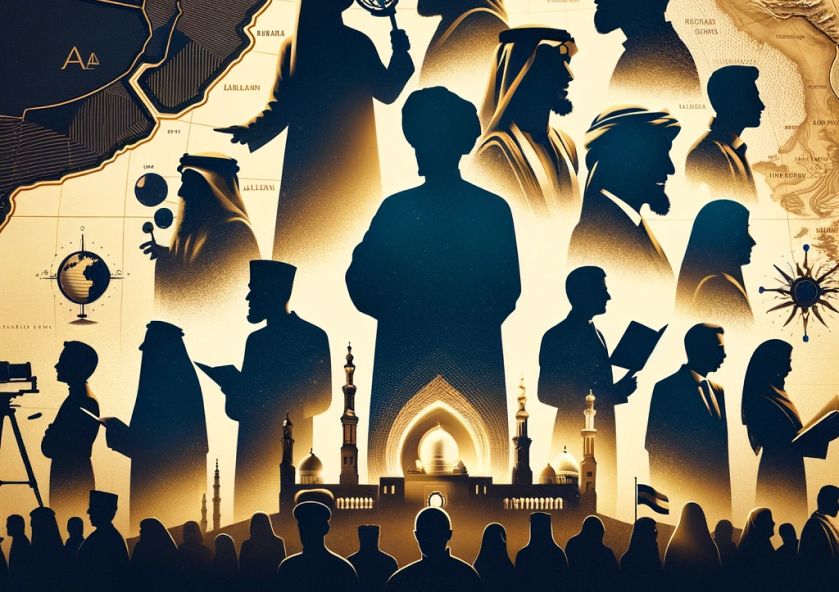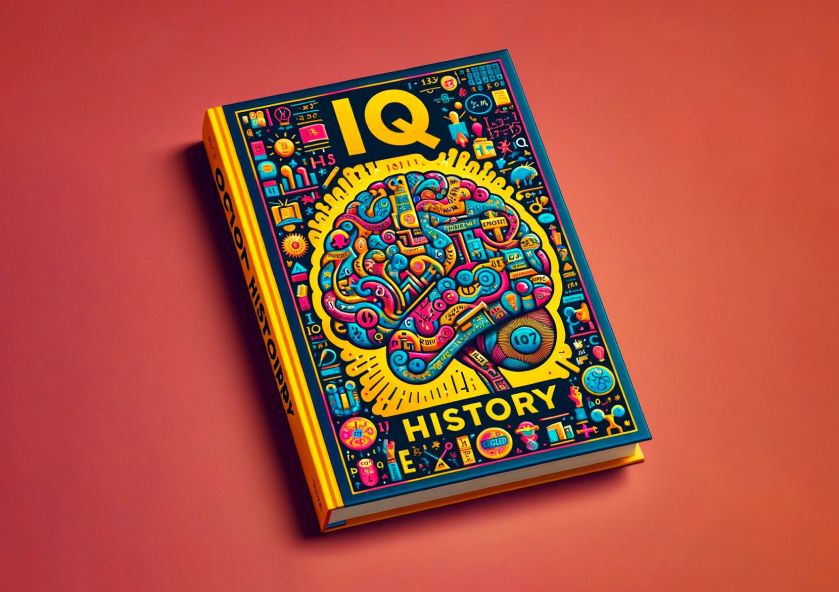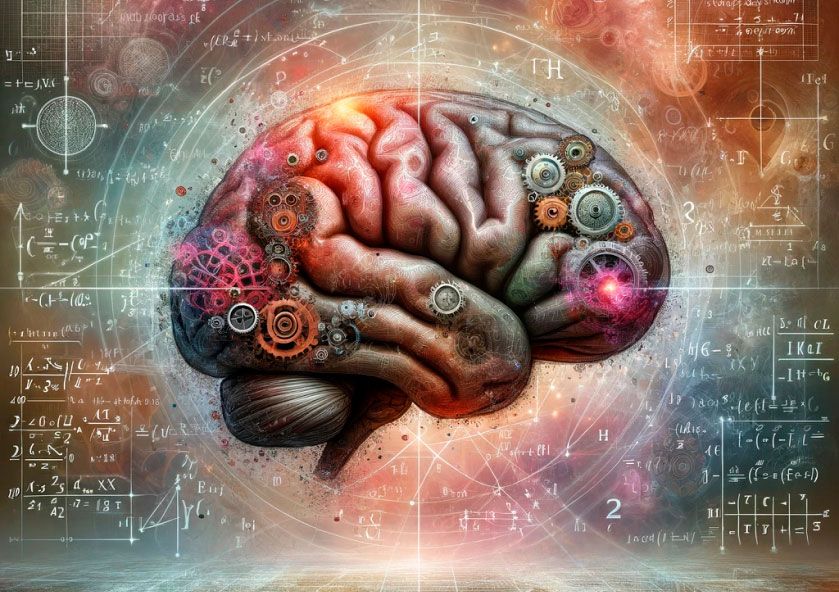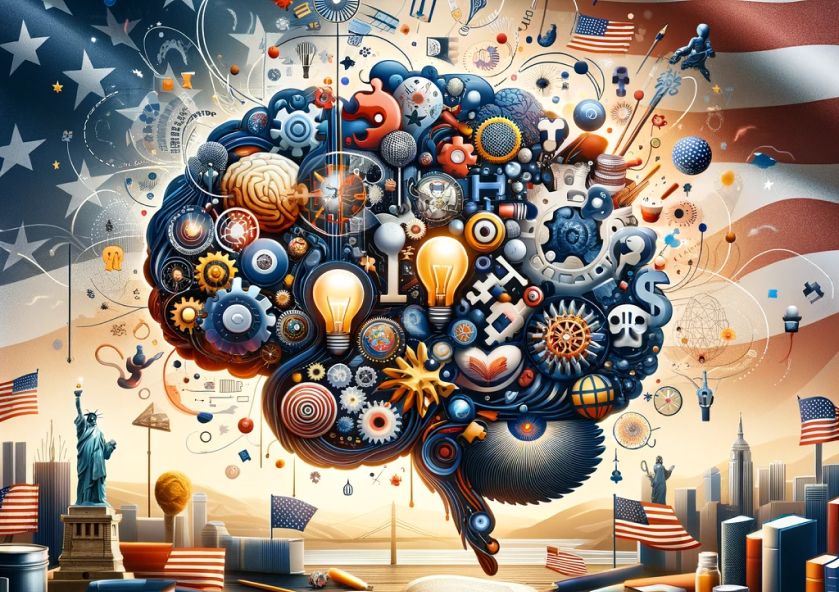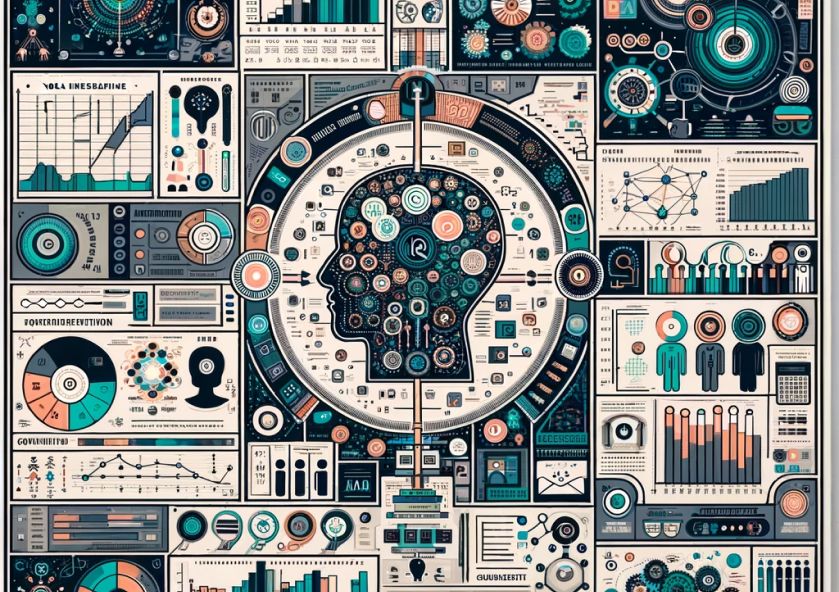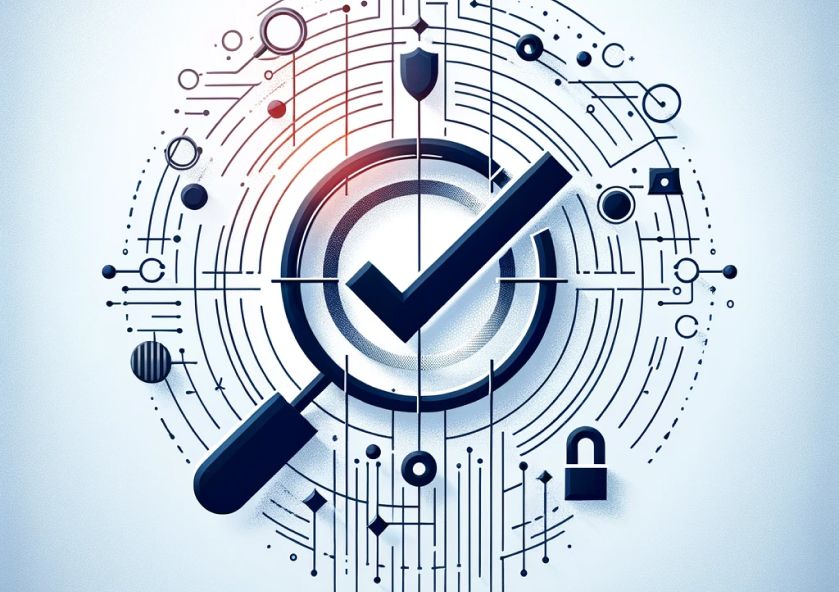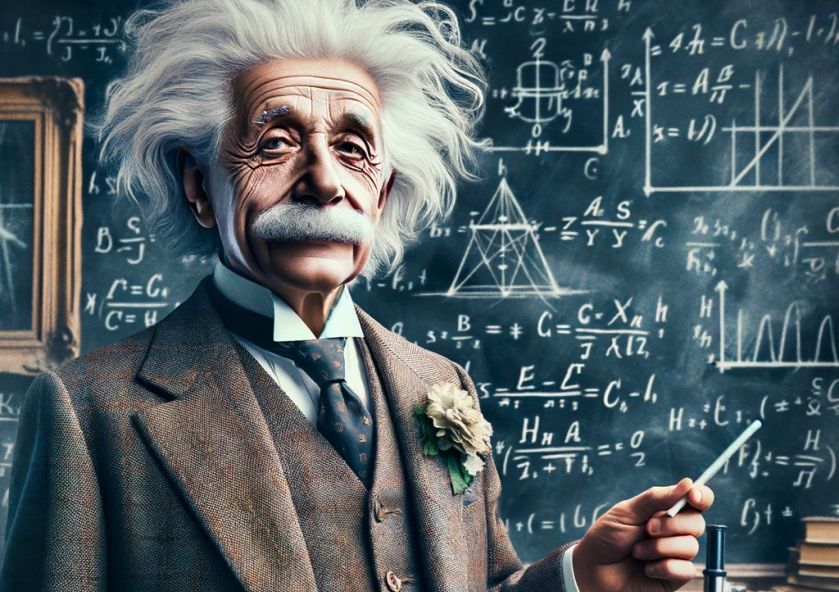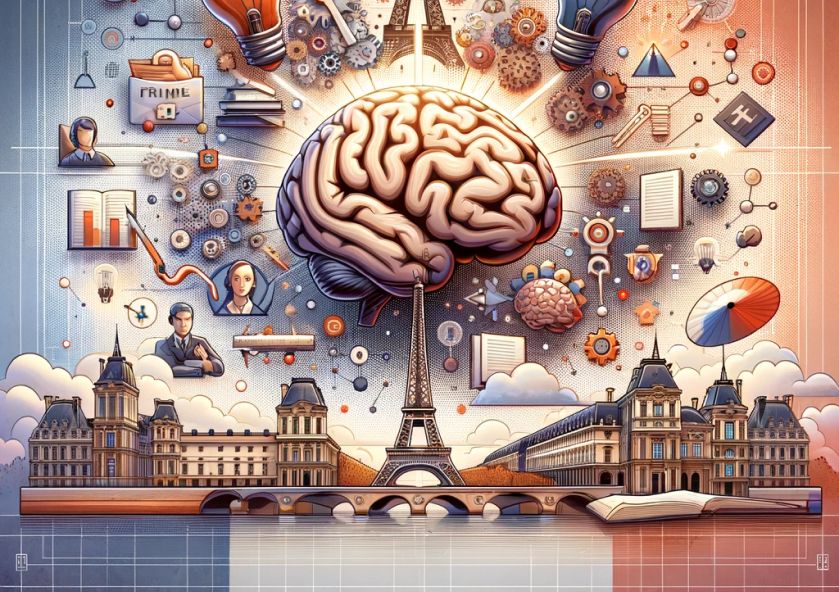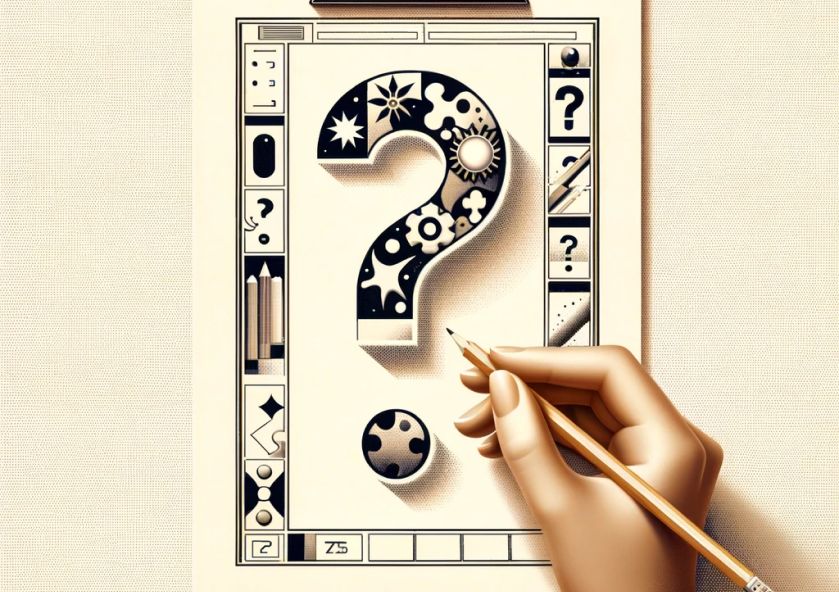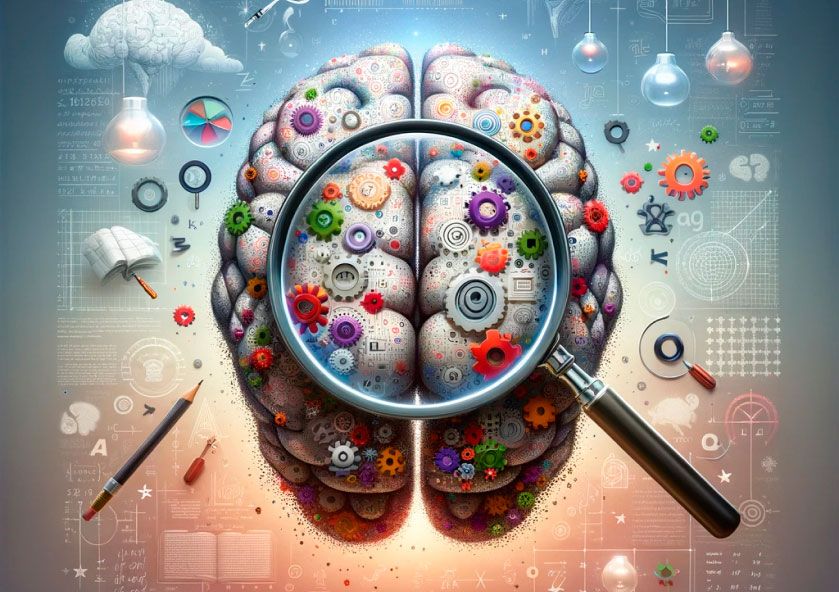Grasping the True Measure of Intelligence: A Dive into IQ Test Dynamics
The Essence of an IQ Test
An IQ test is a tool. It's plain but complex. Its job is simple: measure intelligence. This measurement is a number. A number that speaks of problem-solving, of understanding, of learning.
These tests vary. Some ask about numbers, others about words. Some about shapes, others about logic. But all aim to see, to measure, to know the mind's strength and its weaknesses.
The Truths of IQ Testing
How Long is an IQ Test?
The length of an IQ test is not fixed. Some are short, half an hour maybe. Others are longer, stretching hours. It's about what's being tested, how deep it goes. In controlled environments, the clock ticks for one to three hours. That's the norm for tests that matter, that have weight.
A test's length is about balance. Enough time to challenge, not enough to exhaust. It's a dance between knowing and doing, between thinking and the time it takes.
Are IQ Tests Timed?
Yes, IQ tests are often timed. But not always in the same way. Some tests race against the clock for each question. Others, against the totality of time. It's about pressure, about thinking fast, about making decisions when the clock's hands move without pause.
This timing, it's more than a measure of right or wrong. It's about speed, efficiency. How quickly a mind moves, how swiftly it jumps from problem to solution. It's about the race, not just the finish line.
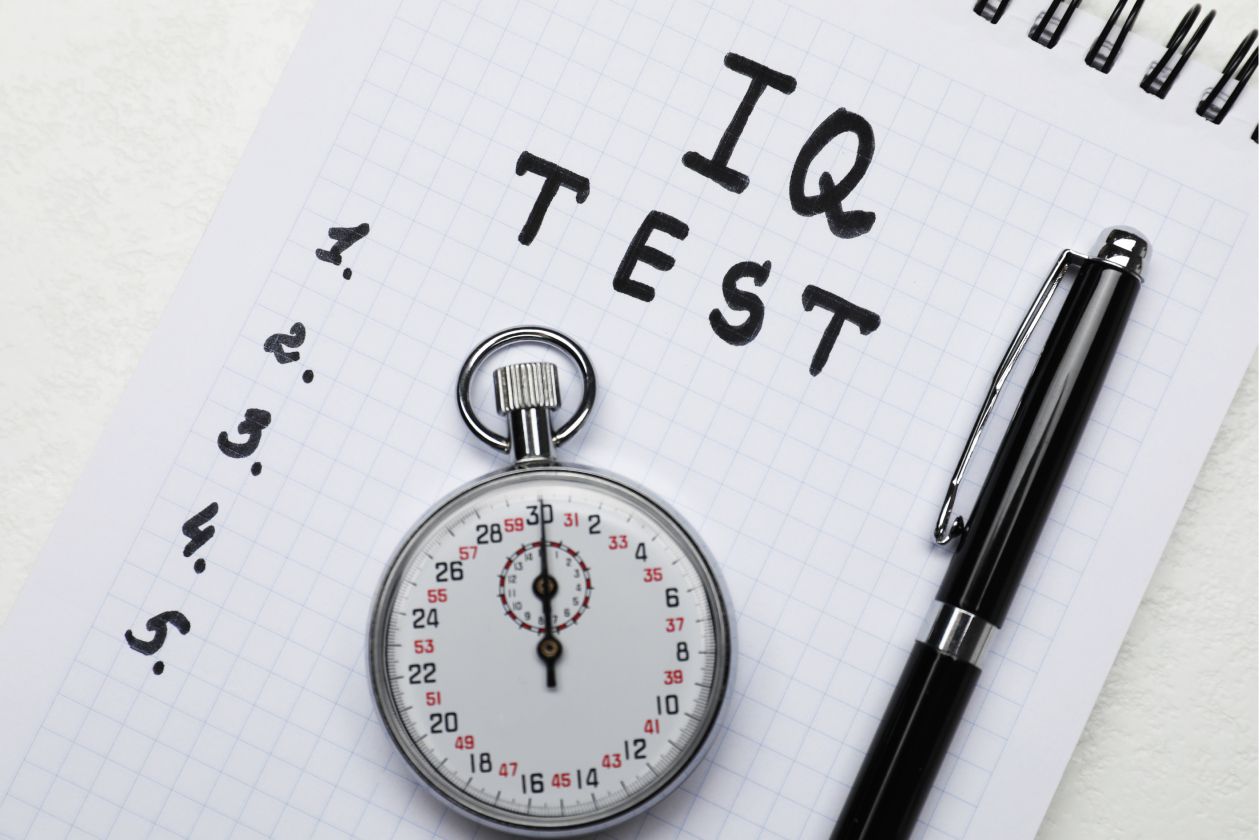
The Role of IQ Tests
These tests find their way into schools, into offices, into the quiet rooms of the mind. For the young, they can open doors or offer support. In work, they can be the difference between a yes and a no. In life, they shape paths, guide decisions, offer clarity in a world where the mind's power is often unseen, unfelt.
To understand an IQ test is to understand its rhythm, its time. It's not just about the questions, the answers. It's about the dance with the clock, the silent battle with time. For those who face these tests, this knowledge is power. It's the key to unlocking potential, to understanding where one stands in the endless landscape of the mind.

